By Natalie Ellis
The Plastic Free July Challenge
The Plastic Free July Challenge offers ideas to help people all around the world reduce single-use plastic waste in their daily lives, whether at home, work, school or their favourite coffee shop! The goal is to encourage people to be solving the issue of plastic pollution, leading to cleaner streets, oceans and beautiful communities. By making a small change, we can collectively have a positive effect on our planet and communities. Who knows, you may discover better alternatives that become long lasting habits.
Reduce, Reuse, Recycle
Reduce items you buy by asking yourself before you make a purchase, ‘do I truly need it or can I use something I already own in a different way instead?’ Opt for products with less plastic packaging and look for sustainable alternatives.
Reuse plastic items as much as you can or consider donating them to a local charity shop to prevent them from ending up in landfill.
Recycle correctly and opt for purchasing products made from recycled materials to close the loop. Find out what can be recycled in your local area.
All the oil, water and other resources used to make plastic products is wasted if those products aren’t recycled.
You can make a difference in minimising landfill waste by reducing, reusing and recycling.
Just a few ideas to help reduce single-use plastic waste in your daily life...
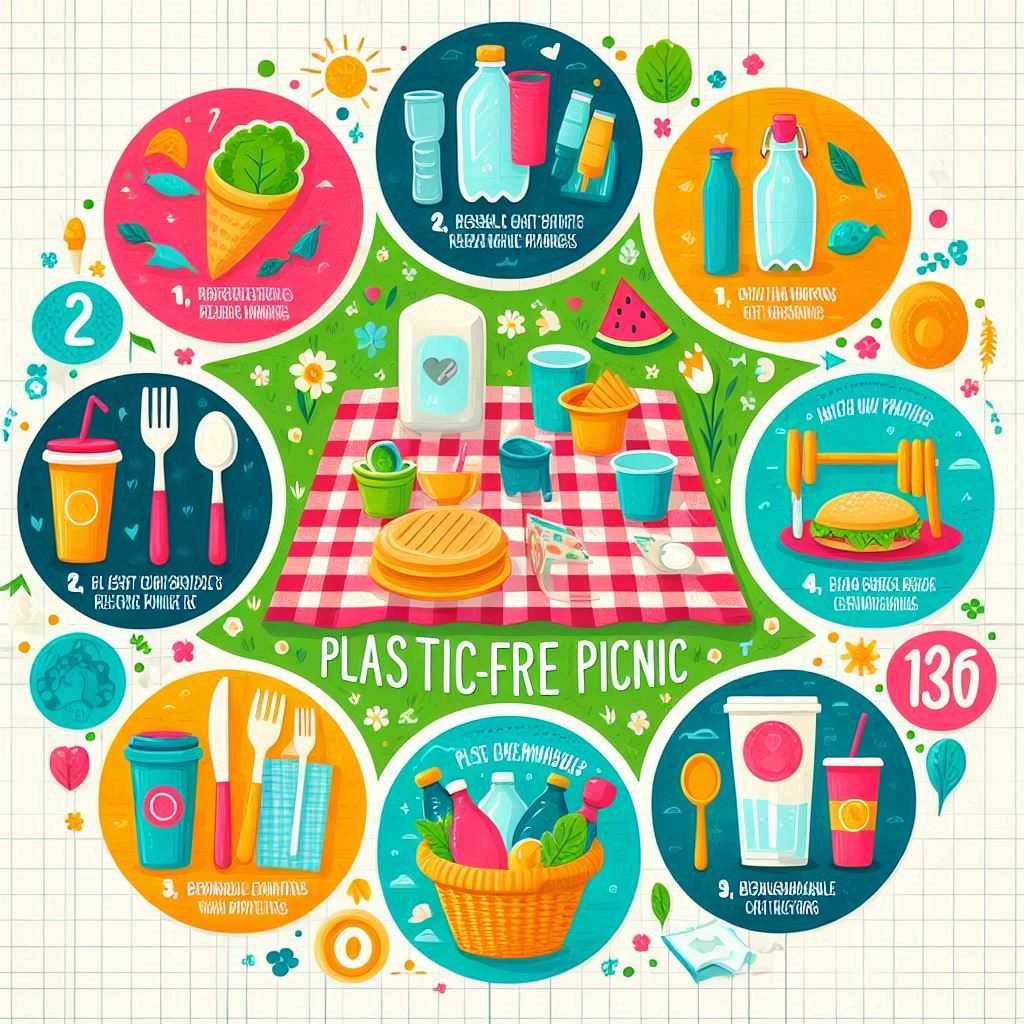
Plastic Free Picnic
Use reusable water bottles or consider cans instead of plastic bottles.
Bring your own reusable cutlery, plates & cups.
hover for info
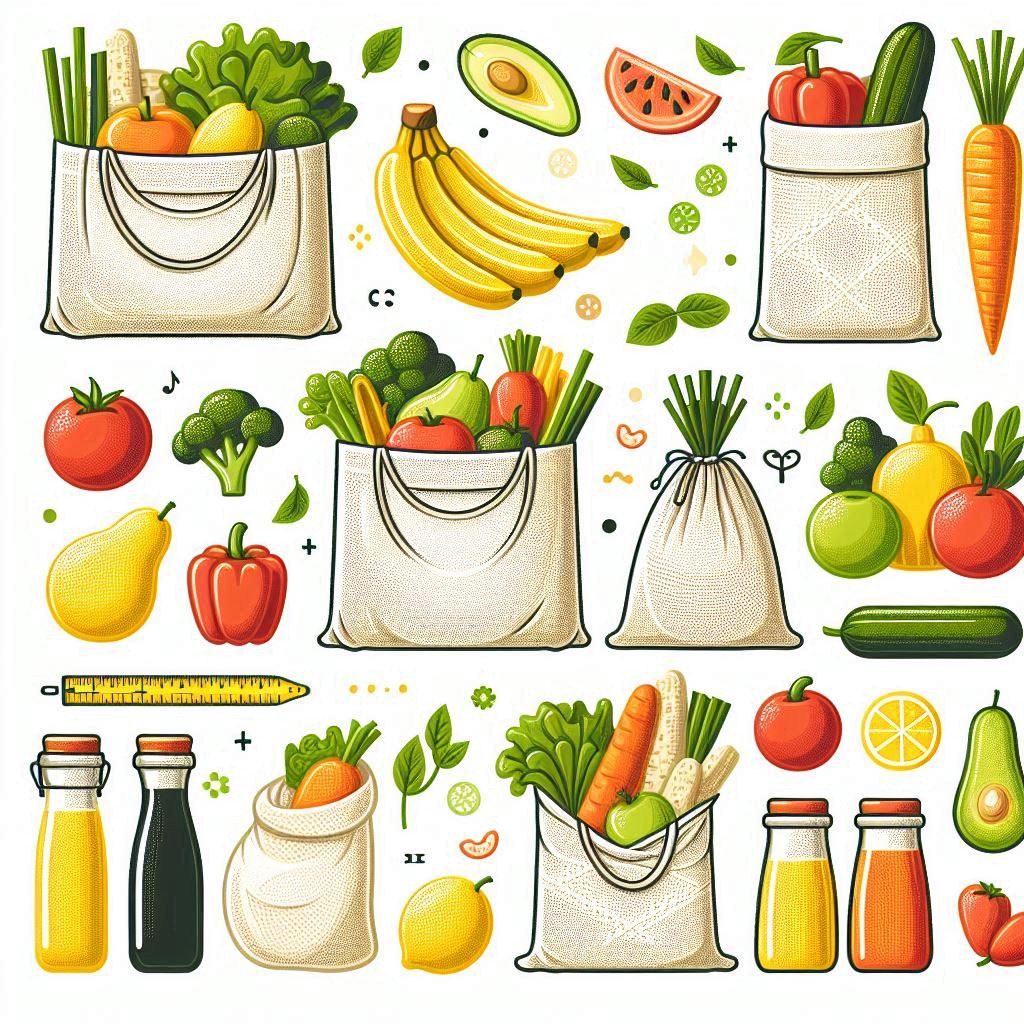
Loose Produce
Invest in a reusable product bag.
Look for items wrapped in recycled plastic.
Remember your reusable bags.
hover for info
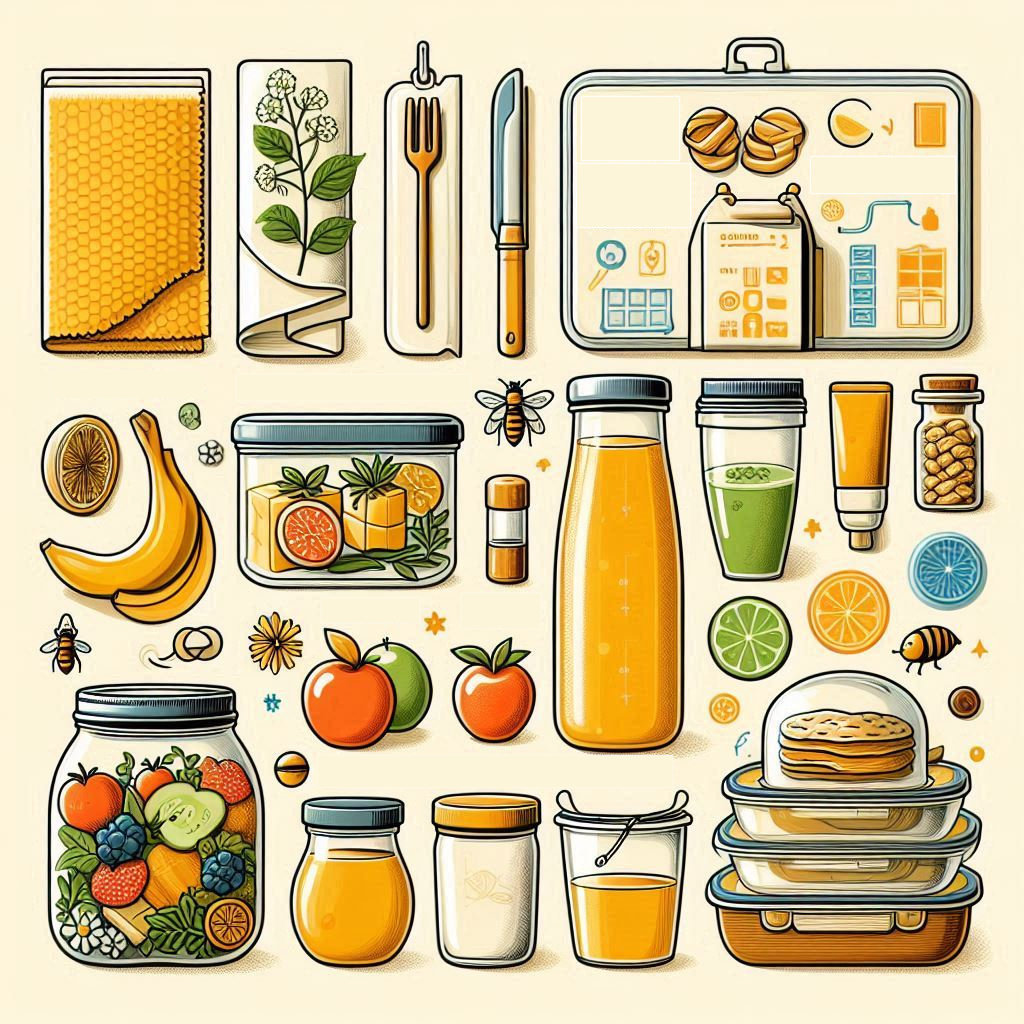
Avoid Plastic Wrap
Use wax wraps.
Use containers already on hand.
hover for info
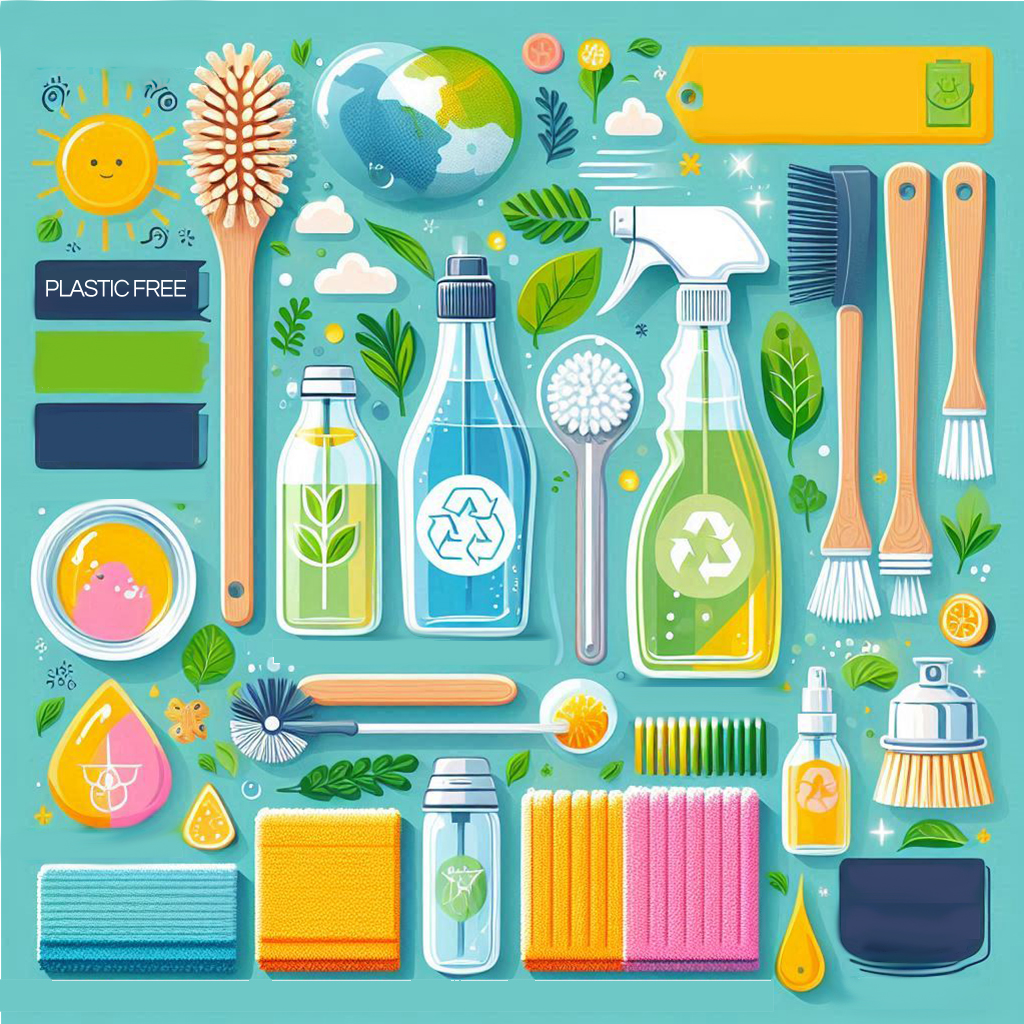
Cleaning
Use eco-friendly products which often use recycled materials.
Switch to natural fibres for cleaning brushes and cloths.
hover for info
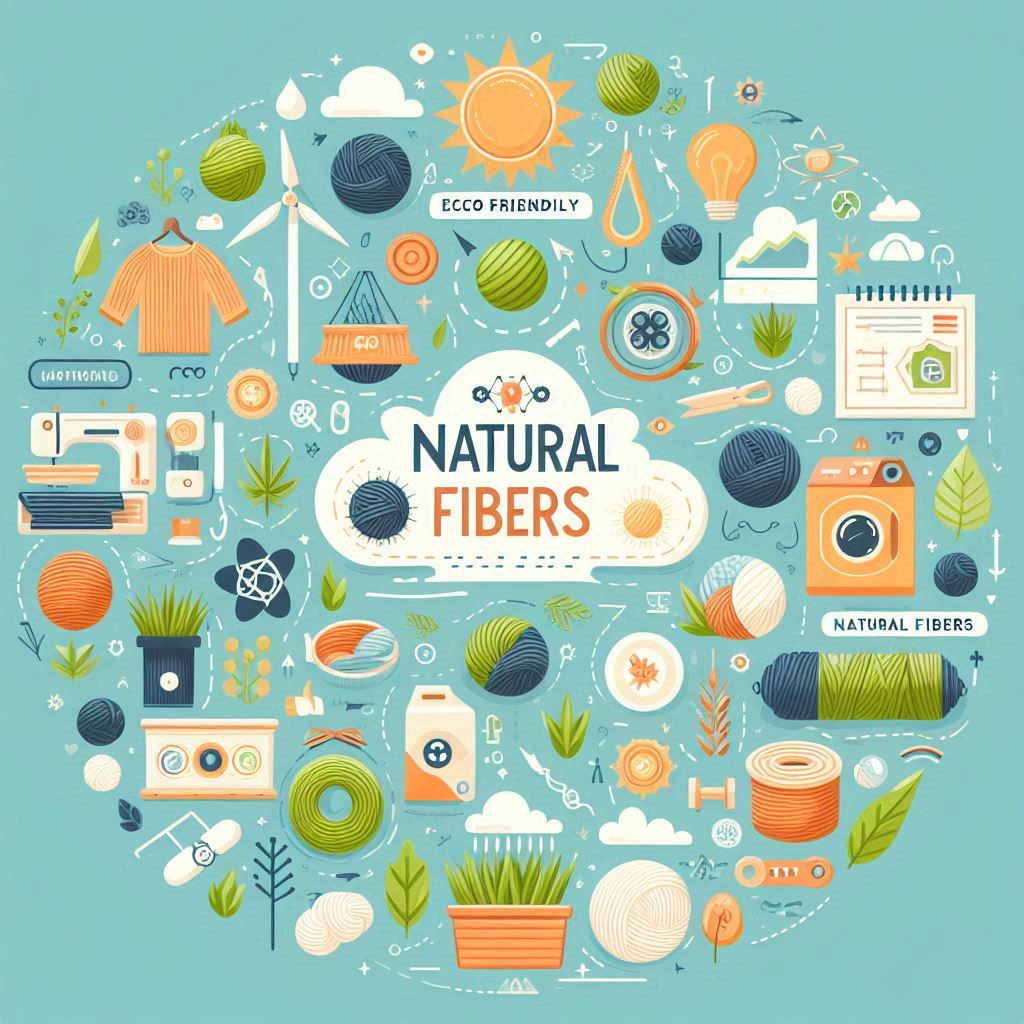
Natural Fibres
Fast fashion relies on cheap fabric and synthetic fibres that shed tiny plastic fragments.
Hold clothes swap events or swap clothes with friends.
Old clothing makes great cleaning cloths!
hover for info
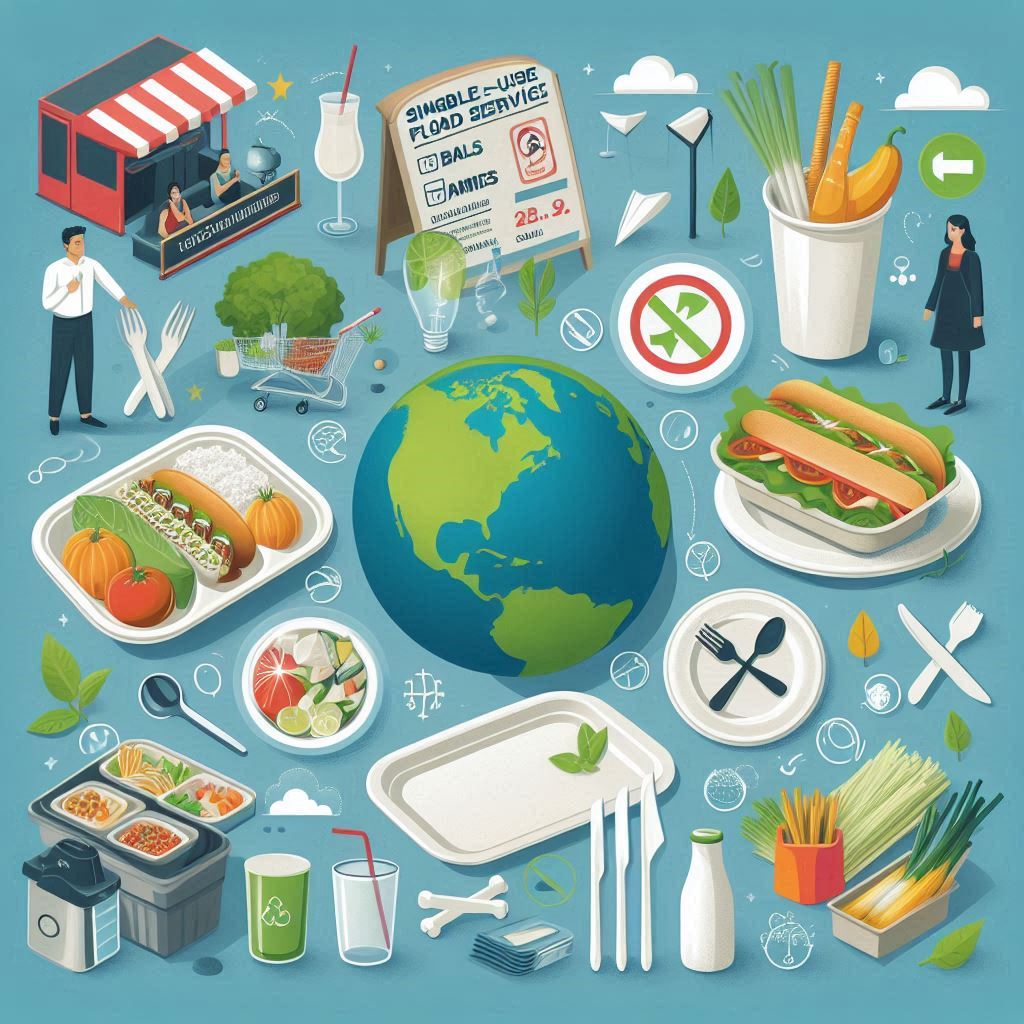
Food Service
Be part of the move to serve food without single-use plastic.
Swap single-use condiments for bottles.
Use compostable containers.
Offer filtered water in glasses instead of plastic bottles.
hover for info


